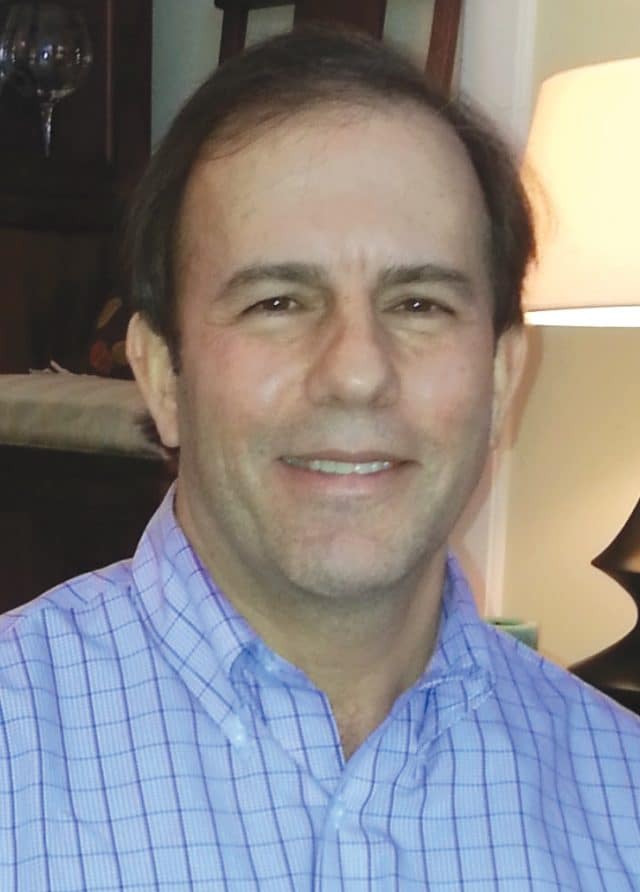
Annapolis Integrative Medicine
1819 Bay Ridge Avenue
Suite 180
Annapolis, MD 21403

More Complementary & Integrative Healthcare Articles
What Are Alternative and Complementary Medicine?
For some, alternative or complimentary medicine seems to be in opposition to or intellectually inferior to “traditional or western” medicine.
Drawing these distinctions takes away from what is most important that integrative practitioners find ways to help people deal with their health issues as effectively as possible in a way that works for the patient.
Some conventionally trained physicians tout the holy grail of evidence-based medicine, where everything we do is based in rigorously conducted trials. If this were true it would be great, however the truth is that not all of what doctors do in real-life practice is based in strong scientific evidence. It is not true in western medicine and it is not true in what is known as alternative or complimentary medicine. I am pleased that the NIH and other institutions are beginning to apply the standards of science to alternative and complementary therapies, though it is often not simple to do so.
If you pay attention to the science news you will see that accepted medical practices, as basic as treating ear infections and breast cancer surgery, are constantly being questioned and revised as new studies come to light.
And one must also take into consideration the fact that good studies are tremendously expensive to conduct, and often will only get done when pharmaceutical companies see a profit to be made. The incentive to do strong studies on subjects and treatments where there is not a profit to be made is often not very compelling to those with the resources to do these studies.
Maybe one day every possible treatment option will have been adequately studied but what is one to do now?
A legendary physician named William Osler said, “Listen to the patient, he is telling you the diagnosis.” Doing so not only comforts the patient, and creates trust, but may go a long way to avoid unnecessary tests and treatments.
It is critical to know what types of treatment a patient is willing to pursue. Often a patient knows intuitively what will or will not work for them. And if they really do not want to pursue a treatment option but do so anyway, there is a higher chance it will not work, like a reverse placebo effect.
Taking from the best of all approaches is critical to good health. Give the body what it needs in terms of nutrition, vitamins, exercise and rest. When necessary intervene for as short a time as possible with prescriptions and surgery. Look for healing herbs that can help. Supplement with low doses of safe hormones when a deficiency causes a problem.

















